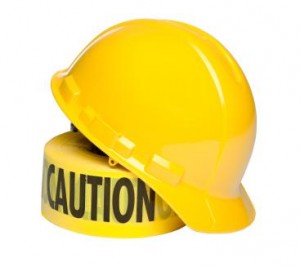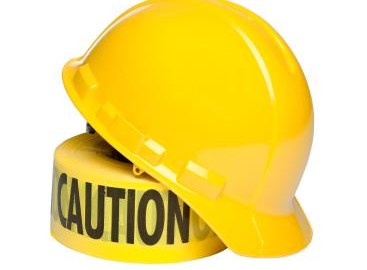Safety during Truck Loading/Unloading

An alert was recently issued by Workplace Health and Safety Queensland for management and organisations to ensure that safety measures are in place to protect truck drivers from injury.
The alert was prompted by an incident which took place in January this year when a man was struck on the head by a piece of falling steel that was being unloaded from the truck he was driving.
The incident highlights the importance of control measures during loading and unloading of trucks as well as ensuring truck driver’s safety when visiting various sites.
Often while considering health and safety of drivers and complying with chain of responsibility legislation, employers miss one important aspect of the job – loading and unloading operations.
The following alert appeared on Workplace Health and Safety Queensland website:
Workplace Health and Safety Queensland is investigating an incident that occurred on Wednesday 22 January 2014 at a workplace in Gracemere.
A truck driver involved in the incident later died from complications resulting from the injury sustained when he was struck on the head by a piece of falling steel that was being unloaded from his truck
Could this happen anywhere your employees are working?
This alert is a reminder for you and your organisation to consider the effectiveness of your safety management systems in preventing an incident like this from occurring at a workplace.
Read more at: www.deir.qld.gov.au
Under chain of responsibility legislation everyone involved in the supply chain has a duty of care, including those responsible for the loading of the vehicle. It is important that the truck is loaded in the correct manner and unloaded correctly. It is also important that the truck isn’t overloaded and that loading protocol s followed.
Despite a number of people in the supply chain having numerous COR duties, often accidents such as the one above occur as a result of someone not doing their job and failing to comply. Employers can make sure that their employees are aware of their duties by ensuring that they are all trained in Chain of Responsibility legislation.
COR training is not just an investment in compliance, it is also an investment in employees and in the company itself – complying with COR legislation ensures the safety of employees including drivers, safety of the public on our roads and also ensures the continued productivity for the company.
In addition to the risk of accidents which can hurt or even kill employees, compliance to COR legislation also ensures that companies aren’t caught up in legal wrangling’s which can take months resolveand costs the company thousands. Many transport companies aren’t able to recover from the fines and prosecutions that can result from non-compliance with the law.
It is best that companies ensure that their vehicles are compliant and employees are properly trained beforehand to avoid the inconvenience, cost and pain associated with incidents such as the one mentioned above, in this regard Chain of Responsibility (COR) training is crucial.



